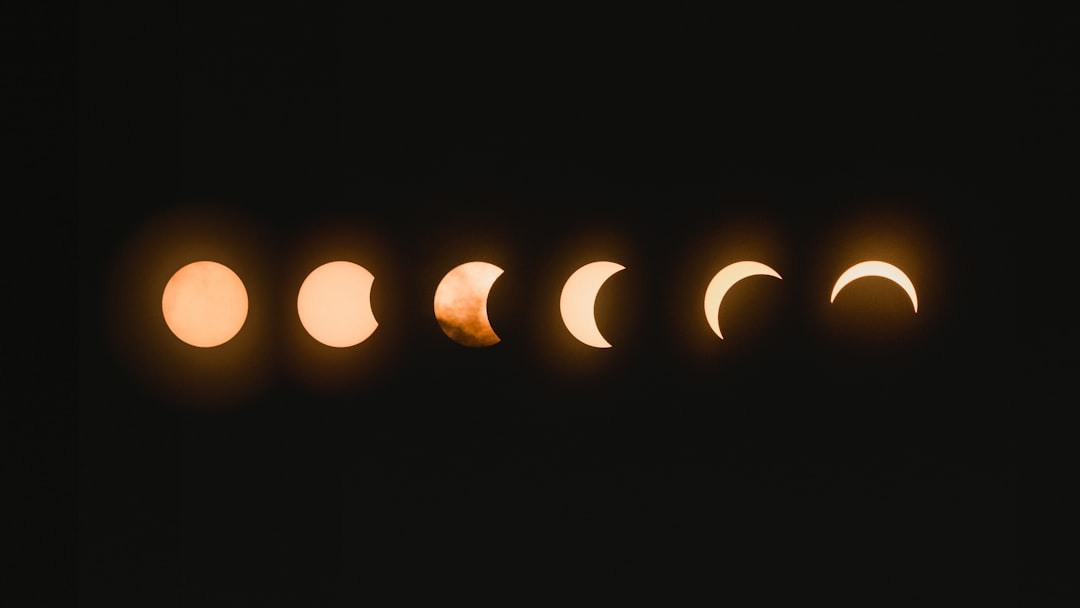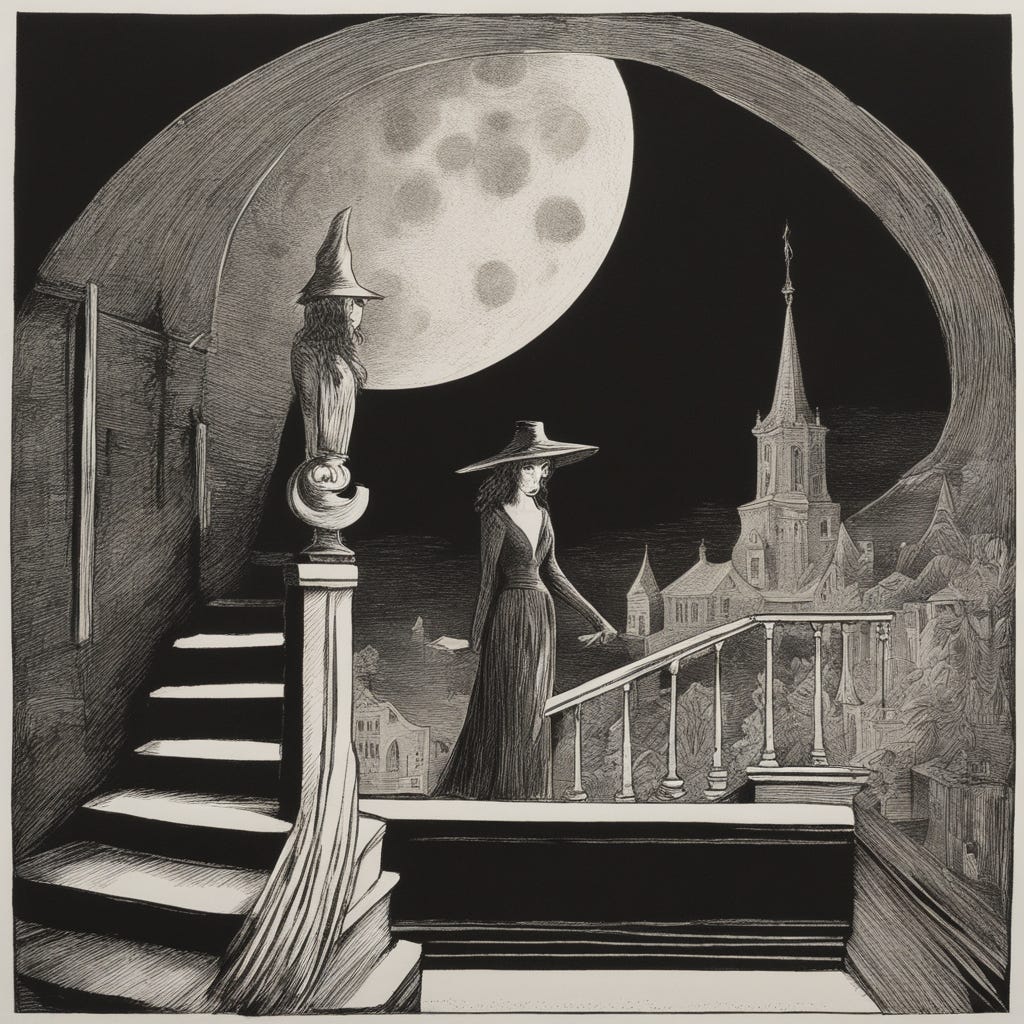If you’ve been following along with my Magic Month posts, you may have guessed what I’ve been leading up to. So I’ll get right to it: why yes, I do consider myself a witch.
Whew, it felt good to get that off my chest! Also, slightly terrifying. I’ve been afraid to publicly embrace any sort of spiritual identity, so it’s a bit unsettling to come right out and say it. Until now, I’ve told very few people about my magic practice, even those I’m otherwise close with. But I’ve been feeling the itch to stop sidestepping the topic and dressing it up in euphemisms. Because it has been a key part of depression recovery for me, I want to bring it into the open, to call it by its name, to pay it the respect it deserves.
(I also want to acknowledge that it has taken me over two years to get to this point, and there are various factors and privileges that make “coming out of the broom closet” a possibility for me. Many witches keep their practices quiet out of preference or necessity, and that doesn’t make them any less real or powerful.)

What Does it Mean to be a Witch?
The word “witch” has a complex history, and definitions vary widely. Personally, I define it as a person (of any gender) who recognizes that they are powerful, and are intentional about how they wield that power. In the US we tend to have a narrow definition of power that’s all about monetary wealth and prestige and the ability to shape policies and culture. In the context of witchcraft, though, I’m talking about inner power, which can be quiet and subtle, but is nonetheless fiery, alive, and deeply rooted in Nature.
A few years ago, I would have laughed at the thought that I had any power at all! But the process of reclaiming that inner power—of seeing it as universal, eternal, just waiting to be recognized and harnessed—made all the difference in pulling me out of despair, and in rekindling my appreciation for this complicated world (which, let’s face it, can be a hard thing to love at times).
To some extent, this path doesn’t feel like something I consciously chose. It’s something I remembered. An essential part of my nature that has always been with me, which I doubted endlessly at first (because witches are badass and fearless, unlike anxious little me!), and later denied because of my desire for social acceptability. It’s a part that started whispering as I wrote my books, and became louder when I started working with a pagan therapist, and roared officially into existence this past summer. At a transformative group therapy retreat, I learned what it felt like to practice magic with others—and that turning toward things that scare me, instead of forever running from them, might be the only way to set them free.

My Magic Practice
I consider myself a pagan who practices folk magic. I am mindful of the customs I incorporate and aim to avoid appropriation; I’m not interested in controlling other people’s behavior; I am watchful of becoming too rigid and perfectionistic about anything. My practice is ever-evolving—I’m still figuring it all out as I go.
Generally, it tends to be pretty chill. I used to have this perception that proper pagan nature worship entailed elaborate rituals done at Stonehenge or other sacred places by people wearing robes. While that does sound like a pretty good time to me, obviously I can’t just hop on a plane every time the Nature Worship Urge hits.
So I came up with my own small ritual instead. For a while there, I used to get totally lost in stressed-out ruminations while on the long walks that form part of my commute. At some point, I started to focus outward instead, turning my attention to the plants along my walk. It wasn’t long before I started whispering hello to certain plants I feel drawn to—often those that have long histories in healing and magic, like yarrow and rowan—and brushing them gently with the tips of my fingers when I walk by. I think of these as my “plant power-ups,” because I can feel my fingers tingling afterward, like the plants have transferred some of their inner strength to me, and vice versa. I imagine that the plants look forward to my voice, my touch. Whether that’s true or not is beside the point. The end result is that this routine breaks my rumination cycles, widens my field of attention, and makes my day just a little bit better.
That pretty much sums up how I tend to practice magic in general. I follow my instincts and seek out rituals that bring joy and catharsis to my witch-self. I create altars and cast spells. I celebrate pagan holidays (sometimes only with a mindful walk; sometimes with a bonfire; usually with a delicious dinner or dessert). I pay attention to moon cycles and planetary positions. I make offerings. I do shadow work. I try to wrap my brain around the Tarot. I write. I breathe. I cry. I contemplate the Great Mystery. I see reflections of the divine everywhere I look.
I had this dream a few months ago. In it, I stood at the top of a steep outdoor stairwell. I needed to get to the bottom, but there was a barrier in front of me, and I couldn’t get my body to fit through the narrow gap between the barrier and the wall. I was just about frustrated enough to scream—and then it hit me. I remembered that I was dreaming.
And I remembered something else, too.
I’m a witch, I thought, and was flooded with a potent mix of relief, excitement, and delight. Before me, the barrier dematerialized. I stepped forward: free at last. But I didn’t just walk down the staircase. No. I’m a witch, I thought again as I launched myself off the edge. And then I flew.




Awesome, I love it! Thanks for sharing.
I love this! A great description we women can all relate to. I do.☺️